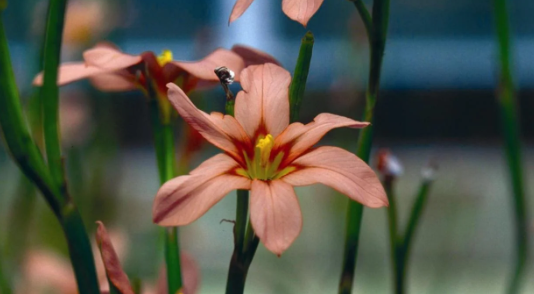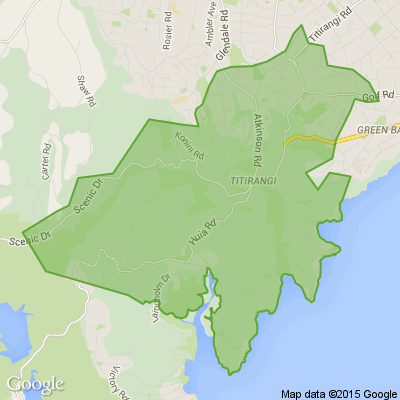Watch out for this pretty flower
Green thumbs are being asked to watch out for a beautiful but toxic flower that could be growing in their backyards.
What you need to know:
- Every part of the plant is poisonous, and can cause gastroenteritis, thirst, paralysis, blindness, and heart and kidney failure.
- This plant is hardy and normal pest control efforts are often not enough to eradicate.
- The cape tulip, growing up to 90cm high with one strap-like leaf, was introduced to Aotearoa in the 1940s, the Ministry for Primary Industries’ manager for pest management John Sanson said. “Cape tulips, like many of these invasive weeds, are really attractive ornamental species ...but they escape over people’s backyard fences and into pasture, as these things often do,”
- It was classified as a noxious plant in the late 1970s after they were discovered to cause harm to livestock and humans, even killing animals when too much as ingested.
- The salmon-pink flowers bloom for about two days a year between June and December, and have previously been an ornamental species for keen gardeners.
Sanson urged people who believed they had the weed growing on their property to leave it untouched and contact Biosecurity New New Zealand’s Exotic Pest and Disease on 0800 80 99 66.
Once a site was confirmed, manual removal or chemical treatment would start.

Success isn’t just about numbers; it’s about making the right decisions at the right time.
At Moore Markhams, we work alongside you to understand your goals and help you navigate challenges, from tax compliance to business strategy.
As part of a global network, we provide local expertise backed by international connections, so you’re supported every step of the way.
Discover how Moore Markhams Auckland and our nationwide team can help your business thrive.

Worst Xmas ever?
There's a a lot of planning that goes into Christmas day and sometimes things just don't go to plan. But it can be a good thing - a family mishap or hilarious memory that you can laugh about in Christmases to come.
Whether you burnt the dinner or were stranded at an airport...
Share your Christmas mishaps below!

⚠️ DOGS DIE IN HOT CARS. If you love them, don't leave them. ⚠️
It's a message we share time and time again, and this year, we're calling on you to help us spread that message further.
Did you know that calls to SPCA about dogs left inside hot cars made up a whopping 11% of all welfare calls last summer? This is a completely preventable issue, and one which is causing hundreds of dogs (often loved pets) to suffer.
Here are some quick facts to share with the dog owners in your life:
👉 The temperature inside a car can heat to over 50°C in less than 15 minutes.
👉 Parking in the shade and cracking windows does little to help on a warm day. Dogs rely on panting to keep cool, which they can't do in a hot car.
👉 This puts dogs at a high risk of heatstroke - a serious condition for dogs, with a mortality rate between 39%-50%.
👉 It is an offence under the Animal Welfare Act to leave a dog in a hot vehicle if they are showing signs of heat stress. You can be fined, and prosecuted.
SPCA has created downloadable resources to help you spread the message even further. Posters, a flyer, and a social media tile can be downloaded from our website here: www.spca.nz...
We encourage you to use these - and ask your local businesses to display the posters if they can. Flyers can be kept in your car and handed out as needed.
This is a community problem, and one we cannot solve alone. Help us to prevent more tragedies this summer by sharing this post.
On behalf of the animals - thank you ❤️








 Loading…
Loading…